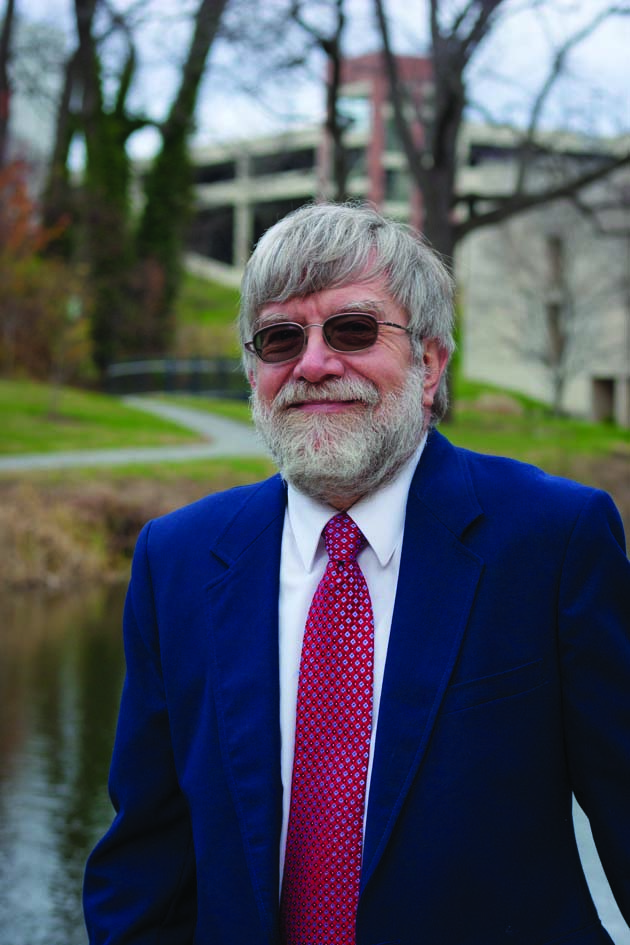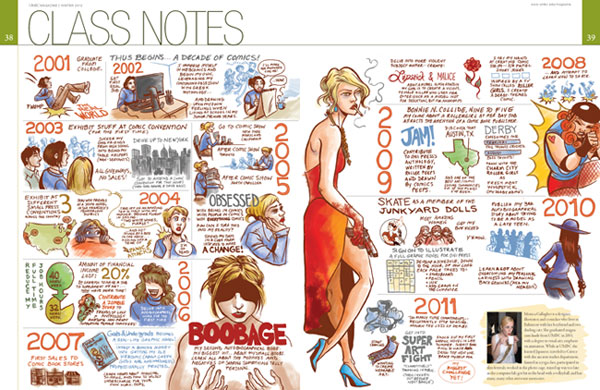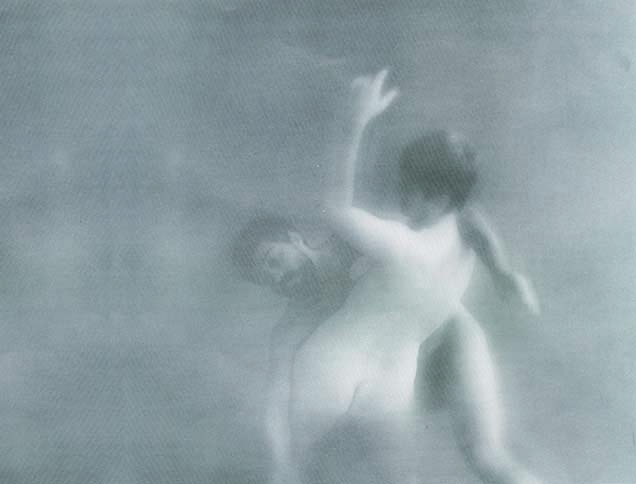“There are not that many of me left,” George Vitak ’73, biological sciences, says jovially as we walk together from the Library Pond back to his office in the University Center on a blustery late November day.
The “me” in this case is a select group of faculty and staff who have witnessed UMBC’s rise to national prominence almost in its entirety. And at least as far as the University System of Maryland payroll is concerned, today is the day that another “me” bids UMBC farewell.
On December 1, Vitak retired from his position as director of campus card and mail services. He entered UMBC as a fresh-faced undergraduate from Archbishop Curley High School in 1968. Fate – and President Richard M. Nixon – kept him at the university for another 38 years, during which he helped supervise the campus’ physical growth and then shifted gears to become a key mover in UMBC’s early digital telecommunication services.
Very few people have George Vitak’s deep and intimate knowledge of the UMBC campus as living organism. There were only seven buildings when he arrived in 1968. Ask him about the Library Pond where he’s being photographed today, and he tells you that it was designed by RTKL Architects and is filled by a manmade stream carrying runoff down the hill from boilers in UMBC’s Central Plant.
“RTKL Architects made that into one of the distinguishing architectural features of the campus,” he says of the pond. “We used to have tug of wars across it.”
Vitak started his career at UMBC as a student worker in the Facilities Planning department. “We physically drove the truck to the buildings to get them ready: Desks. Study carrels. Lights.”
He also met his wife, Eugenie Vitak ’73, biological sciences, as a UMBC student. (She currently works in the Albin O. Kuhn Library as the student and stacks manager.) They married the same year that they graduated, and both had been accepted for employment as federal consumer safety officers after commencement.
That was when President Nixon intervened to keep Vitak at UMBC by initiating a nationwide federal hiring freeze. Fortunately, his student work at UMBC paid off with a job as a “space analyst” in Facilities Planning. In the age of the Apollo mission, Vitak says his family and friends had “a lot of fun with that title.”
Vitak rose through the ranks to deputy director of Facilities Planning, where he was involved with many of the key developments in the campus’ physical growth in its first two decades.
Yet shaping UMBC’s physical environment was only part of the arc of Vitak’s career, which altered its trajectory shortly after the university opted to drop Bell Atlantic and buy its own digital phone system for the campus in 1983.
Two years into the great experiment, UMBC administrators weren’t seeing the expected savings. They asked Vitak to put together an analysis.
“I gave them my white paper,” he recalls. “Among other things it said that we weren’t taking advantage of the full capabilities of the system.” The university asked Vitak to consider switching portfolios to establish a department of communications and become director of telecommunications. He demurred initially, but after attending a systems administration training course, he saw new career possibilities – and that he possessed the skills to excel in a new career.
“My eureka moment was during the training, when one of the instructors couldn’t get a simulation up and running. I managed to do it, and suddenly realized: ‘This isn’t magic.’”
Vitak handled that portfolio until 2008, when voice services moved to the university’s information technology wing. He then reorganized his other responsibilities into a new department of Campus Card and Mail Services, into which he successfully integrated the business operations of the university’s food services.
As far as a legacy, Vitak eschews any talk of his own accomplishments. Instead, he focuses on his and his wife’s pride in their family’s continuing involvement in UMBC’s journey as an institution. His eldest daughter, Stephanie Vitak Bohn ’97, ancient studies, was an honors graduate of UMBC and is now a teacher in Baltimore County. “Many of the children nurtured and influenced by her efforts will go on to become future UMBC students,” he observes.
And Vitak’s younger daughter, Jessica, will also join the UMBC community this coming spring, when she will be a visiting scholar in the American studies department after completing her doctorate in communications at Michigan State.
“Our legacy to UMBC will be reflected well beyond us through the activities of our children,” says Vitak.
— Richard Byrne ’86
Tags: Winter 2012



